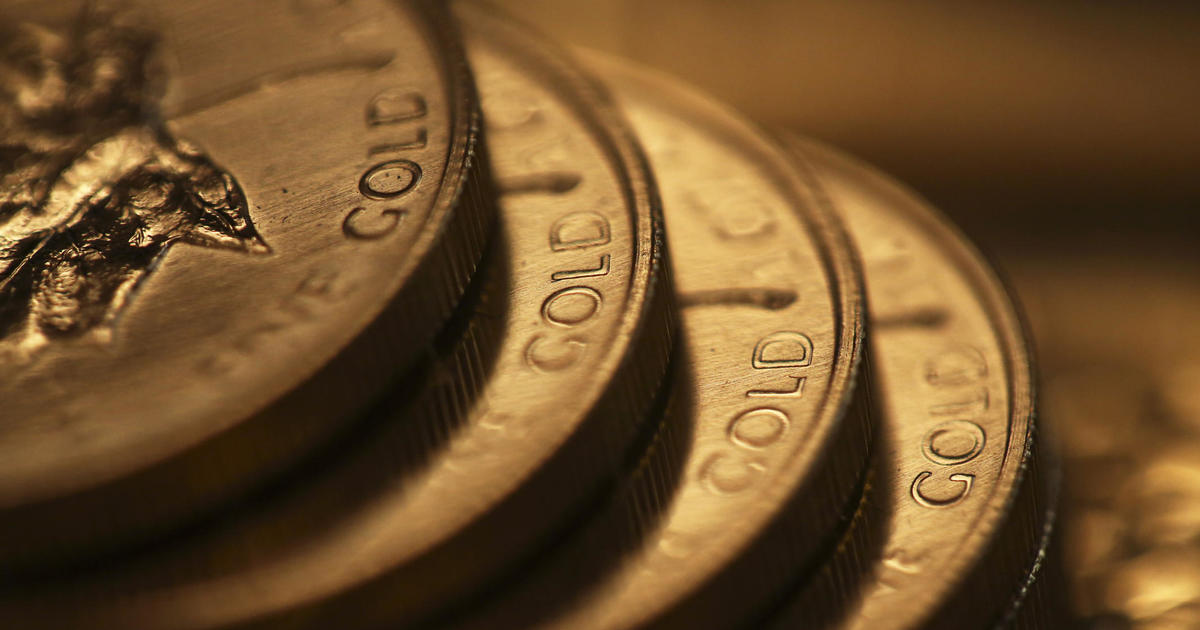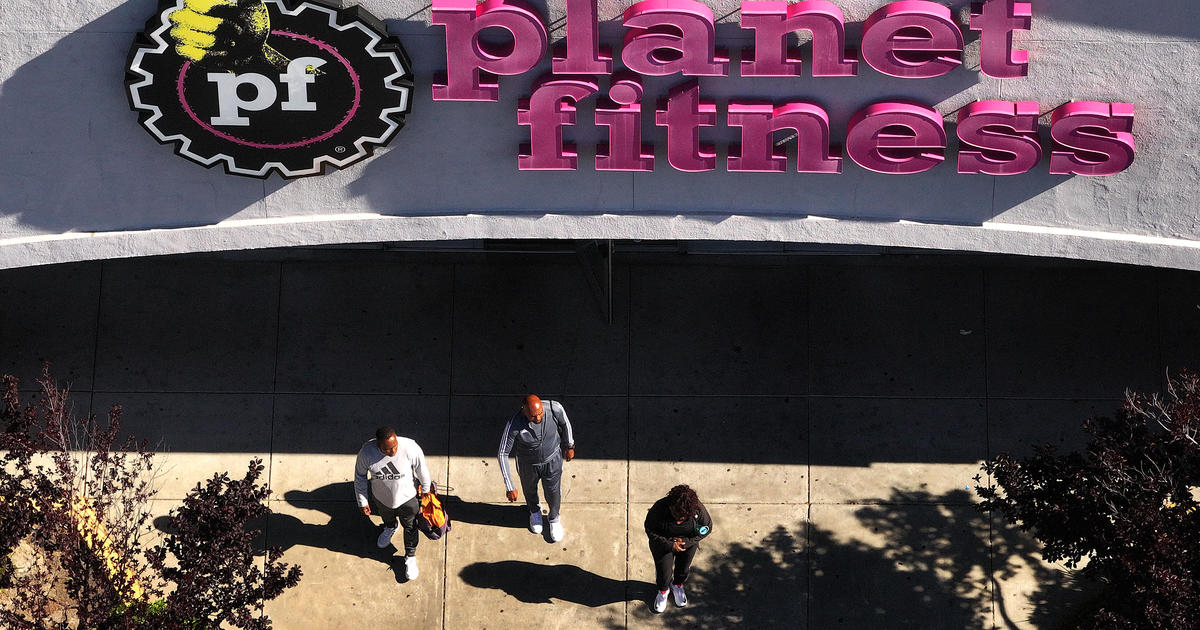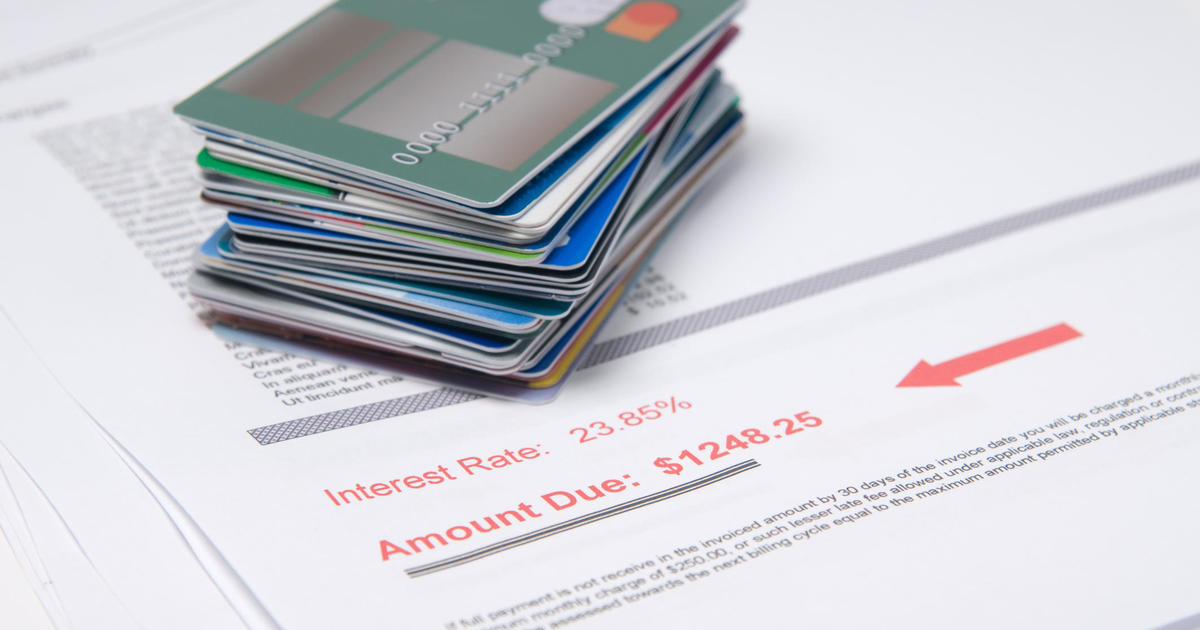Stocks threatened by storms, Korea, U.S. government shutdown
Recent selling pressures on U.S. stocks look set to continue Tuesday, with shares trading sharply lower in the overnight futures session in the wake of a North Korean ballistic missile test over Japan. This restarts the nuclear-armed standoff between Pyongyang and President Trump that rattled markets earlier this month, and the inevitable flight to safety is already underway by investors, with gold prices pushing higher and Treasury yields moving lower as bond prices move higher.
The South Korean military, conducting war game exercises with the U.S., has been put on alert, raising the odds of an escalation. This comes just three days after North Korea launched three short-range missiles without any public response from President Trump amid his focus on Hurricane Harvey hitting Texas. It's unlikely this provocation will be similarly ignored.
If all that wasn't enough, there's growing dread on Wall Street over the approaching debate to raise the federal government's debt ceiling as relations fray between Mr. Trump and the Republican leadership in Congress he blasts via Twitter. Meantime, the Federal Reserve is preparing to start a "quantitative tightening" next month that will ultimately shift trillions of dollars in central bank debt holdings from the financial crisis days back into the public markets. And now Hurricane Harvey and its unprecedented flooding of Houston threatens a significant share of the nation's energy supply chain.
Stocks looks vulnerable to a pullback as trading breadth continues to narrow, risk measures remain red-hot and valuations at historic highs.
For now, most of these threats look relatively contained -- investors know these risks could be realized and can adjust around the edges accordingly, and their larger impact on stocks, corporate earnings and the economy should be muted at this point.
The Fed is unlikely to do anything that truly surprises markets, given its long history of placating stock bulls. Hurricane Harvey, although ongoing, is expected to result in property damage of around $30 billion according to Goldman Sachs, with a 0.2 percent drag on GDP from energy sector stoppages. Morgan Stanley estimates GDP could actually get a small lift from the billions of dollars spent on rebuilding efforts.
And stocks, if rattled, shouldn't suffer much more than a typical 10 percent correction unless the economy tips into a recession -- something seen as unlikely at this juncture despite the economic expansion's near-historic longevity.
War with North Korea, on the other hand, is a possible "black swan" event that Wall Street seems increasingly concerned above, given the overnight response.
The debt ceiling fight is another "known unknown" that could devolve into a government shutdown and threat of a U.S. debt downgrade should President Trump's tweeted threats regarding Mexican border wall funding come to fruition.
Capital Economics warns that a short shutdown looks "inevitable" with the U.S. Treasury down to its last $50 billion at the end of last week and the usual government accounting trickery used to avoid hitting the debt ceiling now nearly exhausted. The research firm estimates the Treasury will run dry sometime in early October. A partial shutdown could happen sooner, around October 1.
That's a lot for stock investors to worry about as the calendar prepares to flip to September, historically a rocky month. According to the Trader's Almanac, it's the worst performing month of the year stretching back to 1950, with an average annual loss of 0.8 percent for the Dow
Jeff Hirsch at the Almanac notes that although the month has tended to start off strongly over the last 22 years, "once tans begin to fade and the new school year begins, fund managers tend to clean house as the end of the third quarter approaches, causing some nasty selloffs near month-end over the years."




